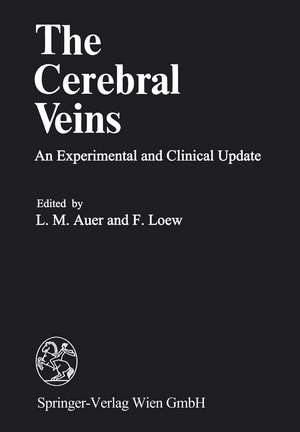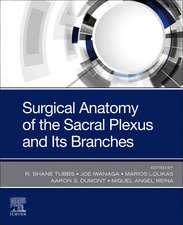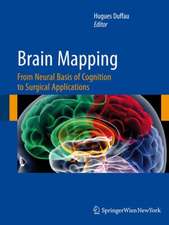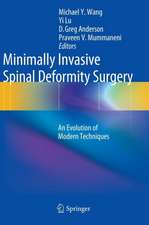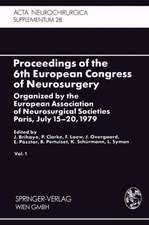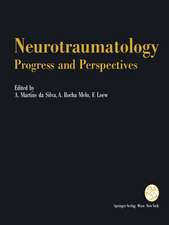The Cerebral Veins: An Experimental and Clinical Update
Editat de L.M. Auer Cuvânt înainte de F. Heppner Editat de F. Loewen Limba Engleză Paperback – 17 apr 2014
Preț: 376.78 lei
Preț vechi: 396.62 lei
-5% Nou
Puncte Express: 565
Preț estimativ în valută:
72.13€ • 75.26$ • 60.46£
72.13€ • 75.26$ • 60.46£
Carte tipărită la comandă
Livrare economică 12-26 martie
Preluare comenzi: 021 569.72.76
Specificații
ISBN-13: 9783709141267
ISBN-10: 3709141265
Pagini: 388
Ilustrații: XII, 371 p.
Dimensiuni: 170 x 244 x 27 mm
Greutate: 0.62 kg
Ediția:Softcover reprint of the original 1st ed. 1983
Editura: SPRINGER VIENNA
Colecția Springer
Locul publicării:Vienna, Austria
ISBN-10: 3709141265
Pagini: 388
Ilustrații: XII, 371 p.
Dimensiuni: 170 x 244 x 27 mm
Greutate: 0.62 kg
Ediția:Softcover reprint of the original 1st ed. 1983
Editura: SPRINGER VIENNA
Colecția Springer
Locul publicării:Vienna, Austria
Public țintă
ResearchDescriere
Research in the morphology-angioarchitecture and ultrastructure-of cerebral veins has been widely neglected in past decades; investigation was mainly focussed on the arterial side of brain circulation. This circumstance has certainly had a negative impact on the development of knowledge in clinical medicine about cerebral venous disease. Cerebra} venous pathology and its consequence is, however, a frequent problern in clinical neurosur gery, both with regard to operative techniques and conservative manage ment. Therefore, it is not surprising that the initiative to collect, for the first time, data on our present knowledge in basic research of cerebral veins, their structure and function under normal and pathological circumstances, came from clinicians. Regarding the cerebral veins the clinician has primarily in view the dysfunctions originating from embryogenetic malformations, phlebitic obstruction, tumourous shunts, or traumatic lesions. But in addition to that, particular attention should be paid to the microstructure ofthe venous vessel walls, their barrier function, and the venous vasomotor system. Studying these interrelationships has for a long time been both fascinating and of immediate interest to me.
